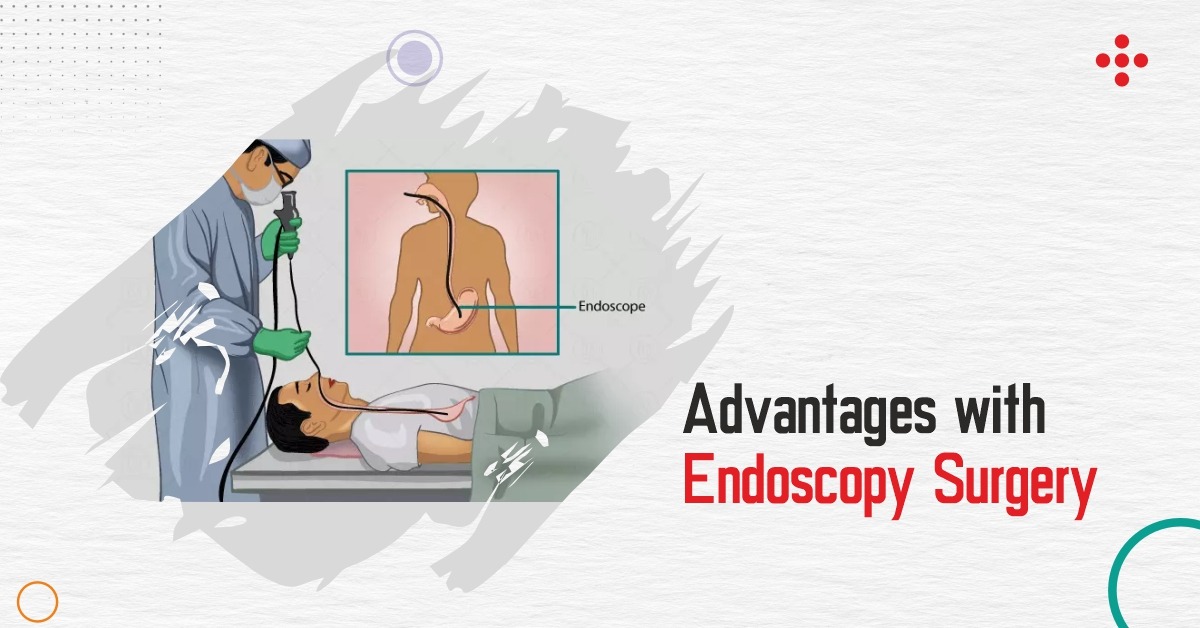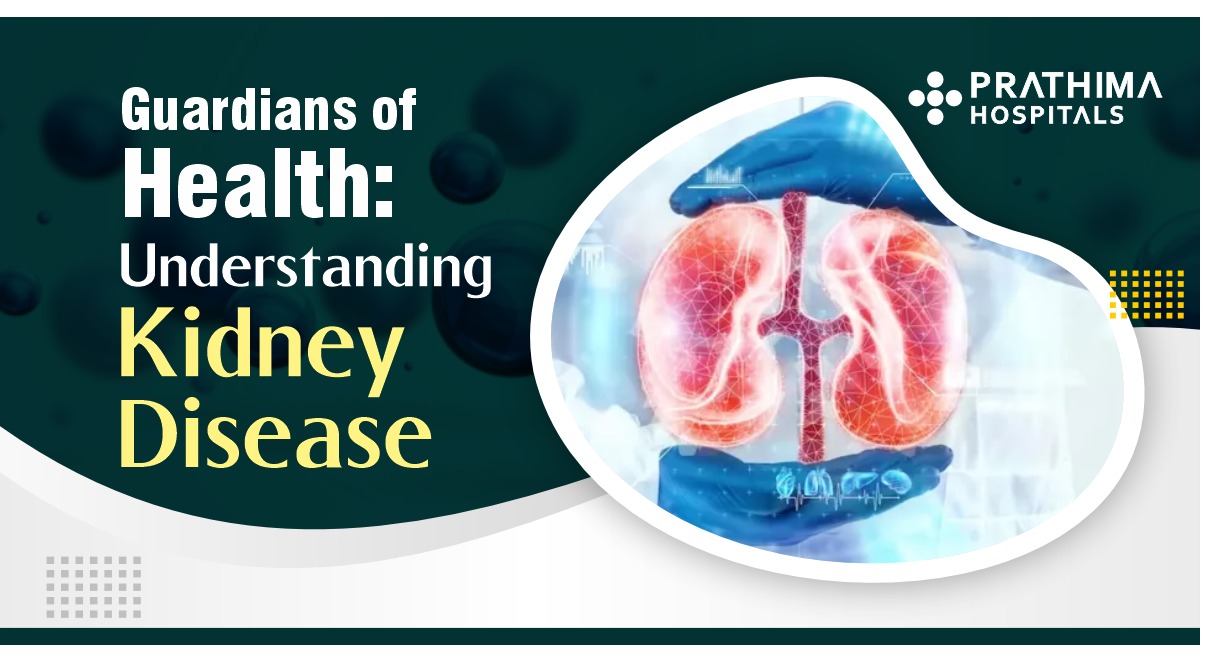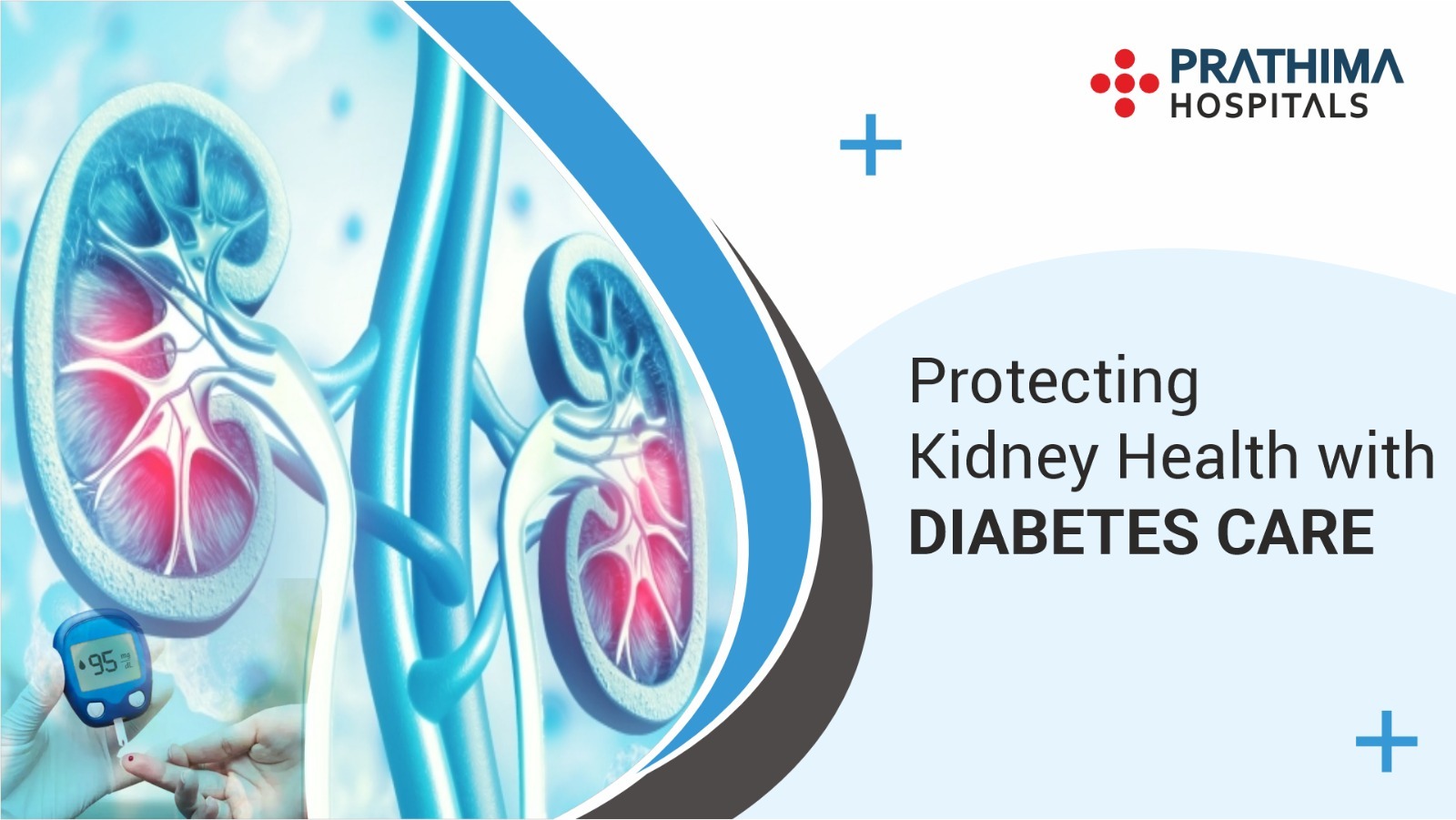Advantages with Endoscopy Surgery

Benefits of Endoscopy Surgery
Introduction:
Endoscopy surgery, also known as minimally invasive surgery, is a type of surgery that utilizes an endoscope to examine and operate inside the body without making large incisions. The endoscope is a long, thin, flexible tube with a camera and a light at the end, which allows the surgeon to see the area of interest and perform the surgery using special instruments.
Endoscopy surgery is a significant advancement in the field of surgery, offering many benefits compared to traditional open surgery. In this article, we will discuss the benefits of endoscopy surgery, how it works, and the different types of surgeries that can be performed using an endoscope.
How Endoscopy Surgery Works ?
Endoscopy surgery is a minimally invasive surgery that utilizes an endoscope, a long, thin, flexible tube that contains a camera and a light at the end. The endoscope is inserted into the body through small incisions, allowing the surgeon to see the area of interest and perform the surgery using specialized instruments.
Minimal Access Surgery in Kachiguda, the surgeon controls the endoscope and instruments using a monitor that displays real-time images of the area being operated on. This allows the surgeon to perform the surgery with greater precision and accuracy than traditional open surgery.
Benefits of Endoscopy Surgery :
Less Pain and Scarring with Minimal Access Surgery in Kukatpally
One of the most significant benefits of endoscopy surgery is that it is minimally invasive, which means there is less damage to the surrounding tissue and muscles. This outcomes in minor discomfort and scarring for the patient. With traditional open surgery, large incisions are made, which can cause significant pain and scarring.
Faster Recovery Time :
Since endoscopy surgery is minimally invasive, it generally results in a faster recovery time compared to traditional open surgery. Patients who undergo endoscopy surgery can typically go home the same day or the following day, and they can resume their normal activities within a few days to a few weeks. For further information on endoscopy surgery fix an appointment with General Physician in Kukatpally.
Reduced Risk of Complications with Minimally invasive surgery in Kachiguda
Endoscopy surgery is less invasive than traditional open surgery, which means there is a reduced risk of complications. With traditional open surgery, there is a higher risk of infection, bleeding, and other complications. Endoscopy surgery, on the other hand, has a lower risk of complications and is generally considered to be safer.
Improved Accuracy :
Benefits of Endoscopy surgery in Hyderabad, allows the surgeon to see the area being operated on in real time, using a monitor. This provides the surgeon with greater accuracy and precision, which can lead to better outcomes for the patient. With traditional open surgery, the surgeon cannot see the area being operated on as clearly, which can lead to errors and complications.
Shorter Hospital Stays :
Since endoscopy surgery is minimally invasive and has a faster recovery time, patients can typically go home the same day or the following day. This means shorter hospital stays, which can be more comfortable for the patient and can also reduce the overall cost of the surgery.
Types of Endoscopy Surgery
Gastrointestinal Endoscopy :
Gastrointestinal endoscopy is a type of endoscopy surgery that is used to examine and treat problems in the digestive system. During a gastrointestinal endoscopy, the endoscope is inserted into the mouth or rectum and guided through the digestive system. This allows the surgeon to examine the oesophagus, stomach, and small and large intestine. Gastrointestinal endoscopy can be used to diagnose and treat conditions such as ulcers, polyps, and tumours.
Laparoscopy :
Laparoscopy is a type of endoscopy surgery that is used to examine and treat problems in the abdomen and pelvis. During a laparoscopy, the endoscope is inserted through a small incision in the abdomen and guided through the abdominal cavity. Laparoscopy can be used to diagnose and treat conditions such as appendicitis, ovarian cysts, and endometriosis. Laparoscopic surgery has become increasingly popular for many abdominal surgeries, including gallbladder removal, colorectal surgery and Hernia Surgery in Hyderabad.
Arthroscopy :
Arthroscopy is a type of endoscopy surgery that is used to examine and treat problems in the joints. During an arthroscopy, the endoscope is inserted into the joint through a small incision, and the surgeon can see the inside of the joint on a monitor. Arthroscopy can be used to diagnose and treat conditions such as torn ligaments, cartilage damage, and joint inflammation.
Bronchoscopy :
Bronchoscopy is a type of endoscopy surgery that is used to examine and treat problems in the respiratory system. During a bronchoscopy, the endoscope is inserted through the mouth or nose and guided through the airways to the lungs. Bronchoscopy can be used to diagnose and treat conditions such as lung cancer, infections, and bleeding.
Hysteroscopy :
Hysteroscopy is a type of endoscopy surgery that is used to examine and treat problems in the uterus. During a hysteroscopy, the endoscope is inserted through the vagina and cervix and guided into the uterus. Hysteroscopy can be used to diagnose and treat conditions such as fibroids, polyps, and abnormal bleeding.
Cystoscopy :
Cystoscopy is a type of endoscopy surgery that is used to examine and treat problems in the bladder. During a cystoscopy, the endoscope is inserted through the urethra and guided into the bladder. Cystoscopy can be used to diagnose and treat conditions such as bladder cancer, urinary tract infections, and urinary incontinence.
Conclusion :
Endoscopy surgery is a significant advancement in the field of surgery, offering many benefits compared to traditional open surgery. Endoscopy surgery is less invasive, resulting in less pain and scarring for the patient. It also has a faster recovery time, reduced risk of complications, improved accuracy, and shorter hospital stays.
There are several types of endoscopy surgery, including gastrointestinal endoscopy, laparoscopy, arthroscopy, bronchoscopy, hysteroscopy, and cystoscopy. Each type of endoscopy surgery is used to examine and treat problems in different parts of the body.
If you are considering endoscopy surgery, it is essential to talk to your General Physician in Hyderabad about the benefits and risks of the procedure. Your doctor can help you determine if endoscopy surgery is the right choice for you and can recommend a qualified surgeon who specializes in the type of surgery you need.
.
.
.
.
For more details :
📞:: 733 733 6600 | 040 4345 4345
🌐:: www.prathimahospitals.com





